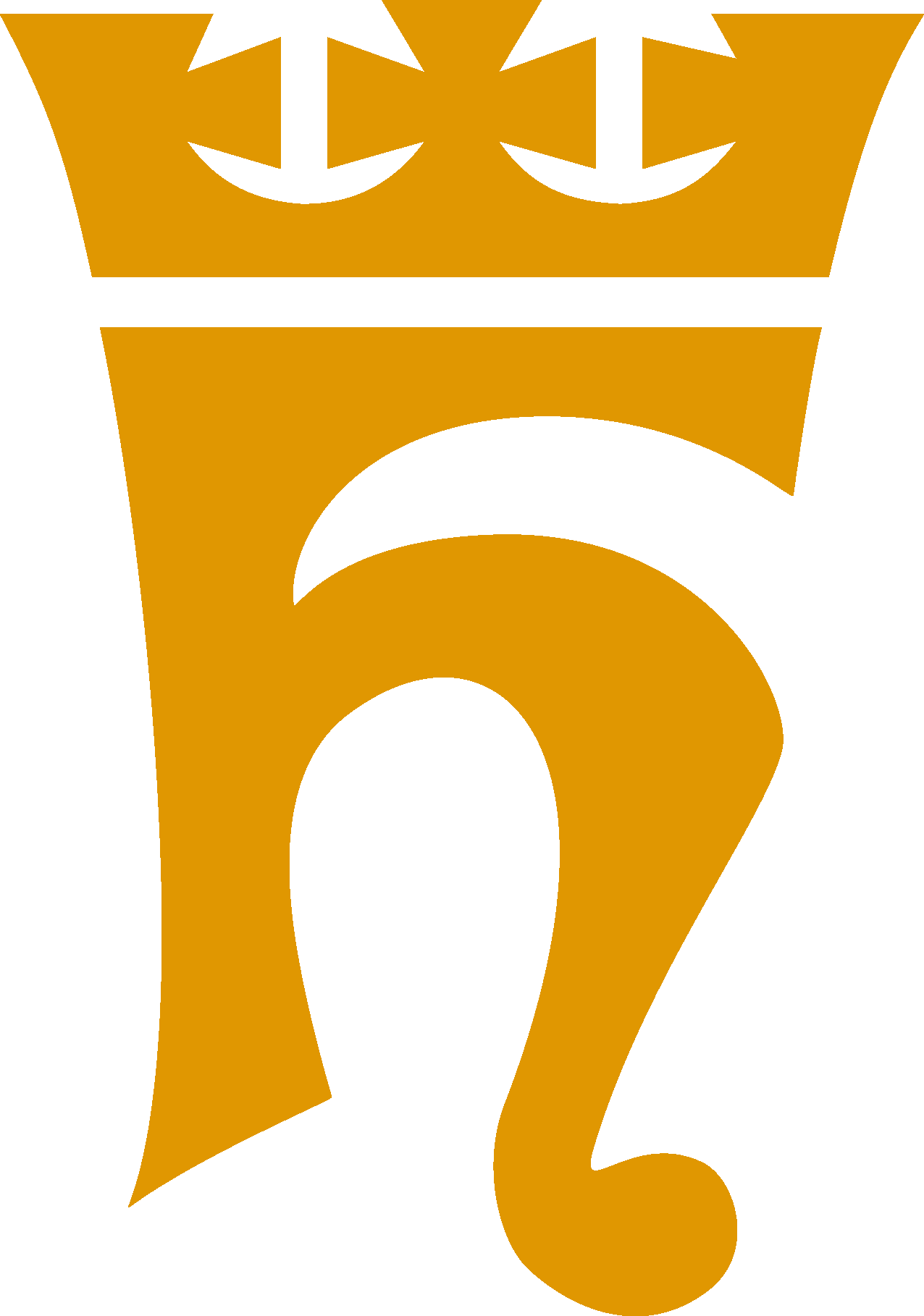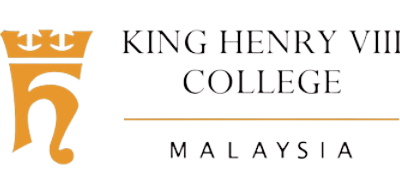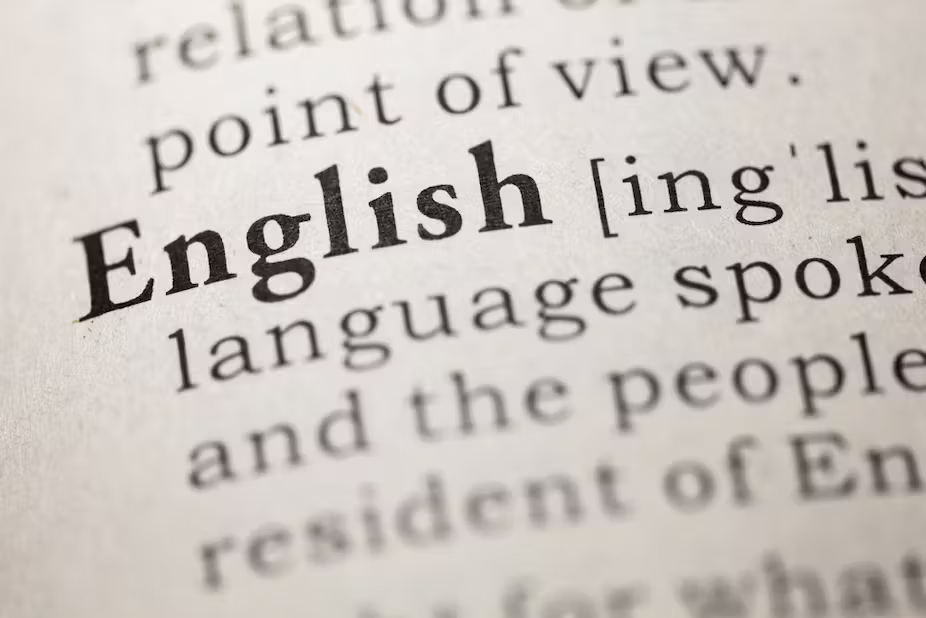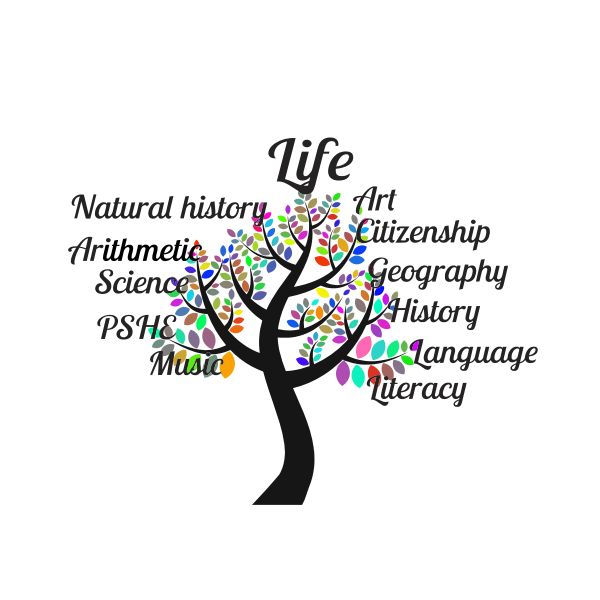Key Stage 3
Academic Year Groups 7, 8 & 9
Years 7 – 9 (Key Stage 3), are academic foundation years. During these years, we aim to equip our students with new skills, while enhancing and developing skills honed during Key Stage 1 and 2 of their primary education.
The academic programme of Key Stage 3 gives students a broad, but balanced grounding in around 15 different subject areas, while enriching it with after-school activities such as dance, chess, school play, and school band to name a few.
Subjects on offer
Bahasa Melayu
The Bahasa subject for Years 7-9, offers students the opportunity to learn and develop proficiency in the Malay language. This curriculum is designed to develop students' proficiency in the Malay language and their understanding of Malaysian culture. The Bahasa program focuses on the four key language skills: listening, speaking, reading, and writing. Students engage in a variety of interactive activities and exercises to enhance their communication skills in Bahasa.
In the listening component, students practice their comprehension skills by listening to spoken Malay and understanding different accents and speech patterns. Through audio materials and listening exercises, students develop their ability to understand and respond to spoken Malay.
The speaking component encourages students to actively participate in conversations, express their thoughts, and engage in discussions in Bahasa. They learn vocabulary and grammar structures to confidently communicate in various everyday situations.
The reading component exposes students to a wide range of texts, including short stories, articles, and authentic materials. By reading these texts, students improve their reading comprehension, expand their vocabulary, and gain insights into Malaysian literature and culture.
Writing exercises play a vital role in developing students' writing skills in Bahasa. They learn to compose coherent paragraphs, essays, and letters while applying correct grammar and vocabulary. Through regular writing practice, students enhance their ability to express themselves effectively in written form.
Biology
The Sciences - Biology, Chemistry, and Physics - are subjects for Years 7-9, following the UK National Curriculum, providing students with a solid foundation in scientific knowledge and inquiry skills. The curriculum covers three core disciplines: Biology, Chemistry, and Physics, enabling students to explore various aspects of the natural world.
In Biology, students learn about living organisms, their structure, functions, and the interrelationships between different species. They study topics such as cells, genetics, ecology, and the human body. Through practical experiments and investigations, students develop their understanding of biological concepts and processes.
The curriculum emphasizes scientific inquiry, critical thinking, and experimental skills. Students learn to formulate hypotheses, design experiments, collect data, and analyse results. They develop their ability to think logically, interpret scientific information, and communicate their findings effectively.
Chemistry
The Sciences - Biology, Chemistry, and Physics - are subjects for Years 7-9, following the UK National Curriculum, providing students with a solid foundation in scientific knowledge and inquiry skills. The curriculum covers three core disciplines: Biology, Chemistry, and Physics, enabling students to explore various aspects of the natural world.
In Chemistry, students explore the properties and behaviours of matter, the composition of substances, and chemical reactions. They learn about elements, compounds, the periodic table, and chemical equations. Students also gain practical experience in conducting experiments, handling chemicals, and analysing results.
The curriculum emphasizes scientific inquiry, critical thinking, and experimental skills. Students learn to formulate hypotheses, design experiments, collect data, and analyse results. They develop their ability to think logically, interpret scientific information, and communicate their findings effectively.
English
The English Language & Literature subject for Years 7-9, in accordance with the UK National Curriculum, aims to cultivate students' language proficiency, critical thinking, and appreciation for literature. Through an amalgamation of reading, writing, and analysis, pupils enhance their capacity to communicate effectively and comprehend the potency of language. The curriculum focalizes on two principal domains: English Language and English Literature.
Within English Language, pupils refine their reading and writing skills, encompassing comprehension, inference, and creative writing. They explore various textual genres, spanning fiction, non-fiction, poetry, and plays, investigating their structures, techniques, and themes. Pupils acquire the ability to scrutinize language choices, discern persuasive techniques, and refine their individual written styles.
In English Literature, pupils embark upon an exploration of a selection of literary works, comprising novels, plays, and poetry. They study diverse genres, authors, and historical contexts, deepening their understanding and appreciation of literature. Pupils analyse literary techniques, themes, and characters, cultivating the capacity for critical interpretation and evaluation of texts.


















